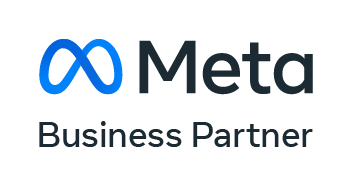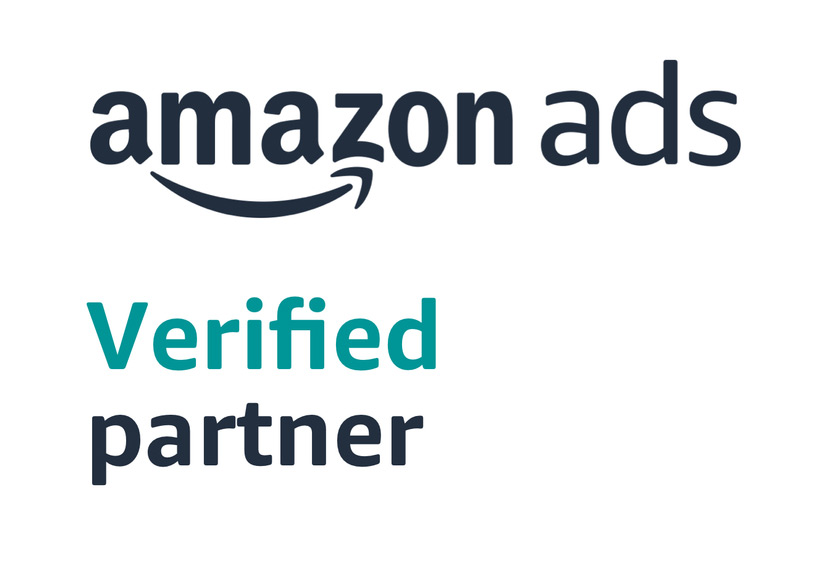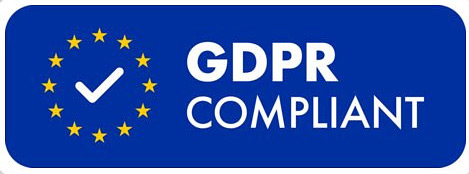International SEO is the strategy of optimizing your website for different countries around the world, to rise in the search engine result pages (SERPs) unique to each country. As Google determines ranking based on what is most helpful to each individual search query and searcher, it is important to consider the different contexts surrounding language and culture that your potential customers might use to search and shop.
The aim of international SEO (just like a local SEO strategy) is to ensure as good a user experience as possible for each potential site visitor. You want your content to be relevant to each and every customer, no matter where they are searching.
Why You Need An International SEO Strategy
International SEO is most important for brands with an international presence (or expanding international presence) who need to adjust their content to the styles and preferences of each regional target audience.
Creating an international SEO strategy means optimizing your brand’s website experience for the end user by keeping their regional contexts and language specifics in mind. You want to ensure that your customer is browsing the right version of your site that contains the right language for them, sells products in their own currency, and can easily ship to their location.
If you’re selling internationally or looking to expand, you definitely need to consider how your international SEO strategy can support your business’s scale. Optimizing for international users boosts your sales as your website has the potential to rank in different countries, thus creating an additional surge of shoppers. According to Statista, India, Brazil, and Italy have the greatest share of search traffic originating from Google (the United States falls 11th on that list with just over 75% of search traffic originating from Google).
How International SEO Differs From Local
As with all SEO strategies, users should be at the center of your international strategy, meaning, as DeepCrawl notes, “that you will have to tailor your efforts to each individual market and audience.”
Going global is not a simple copy and paste of your current SEO strategy into the new country’s domain; each digital marketing effort, from SEO to email marketing to social to product descriptions, has to consider the specific needs, expectations, and behaviors of the target audience and their associated region. The modern consumer expects authenticity in a brand’s message; if a website is appearing in their native language, but it’s sloppily translated or not defaulting to the standard currency, users will notice and may opt for a brand who thought of them, their country, and their needs specifically first.
When building your international SEO strategy, you’ll do the same keyword and market research to identify key vocabularies, search inquiries, and online habits that your localized target audience is using. Translation is not a simple matter and it is important to get a native speaker to help you understand different turns of phrases and contexts. For example, the American term Buy Online Pick Up In Store is coined Click and Collect in England.
Deepcrawl’s guide to international SEO notes that a successful international growth strategy has three pillars: engaging content, relevant links, and technical implementation. It is not enough to simply set up some international parameters on the technical side and then just let them run; ensure you have the resources and knowledge to create enough localized, relevant content for your website variations to keep your content strategy fresh and timely to users across the globe.
International SEO Best Practices
When creating and optimizing your international SEO strategy, it is important to keep the following best practices in mind:
- Choose a consistent domain structure for specific geolocated pages.
- Use Hreflang tags to explicitly indicate different languages and region-specific pages (and be sure to attend to any errors!). Use a single language and region per page so as not to confuse search engines.
- Localize your website content strategy (this includes navigation, titles, headings, currency, main text, etc.) to reflect the country and language you are targeting.
- Don’t use cookies or scripts to show pages in different languages, as search engines cannot crawl that type of dynamic content; instead, use different URLs for different language versions (but be consistent with this structure).
- Avoid using code to automatically redirect users based on location, as most crawl bots crawl from America and can thus share inaccurate information and make inaccurate assumptions about what variation is best for a specific user.
An additional non-technical best practice is a business one: successful international businesses often have international teams that regularly communicate with and can learn from each other. They unite to have a central brand strategy that the international SEO strategy supports.
You don’t have to be a global brand to employ the tenets of international SEO. We live in a multicultural world where diverse people come together and expect personalized experiences in regards to messaging, products, search behavior, and more. Getting a deeper understanding into the range of unique complexities across all your audiences is imperative. For a truly successful international (and local) SEO strategy, think of the user first and build out from them. Global success will come after, as Google and other search engines reward brands and user experiences that speak directly to the end user.
To ensure your website is optimized for both local and global audiences, contact NetElixir’s international SEO experts. At NetElixir, we employ the Hofstede cultural dimensions model for a “glocalization” approach that helps our clients sustainably grow their global brand.









